Regulatory Alerts (All)
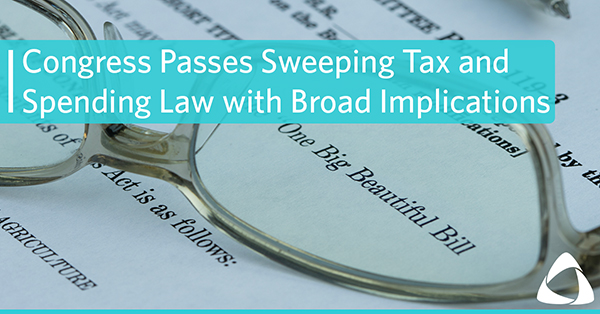
Congress Passes Sweeping Tax and Spending Law with Broad Implications for Individuals and Businesses
Congress has passed a sweeping new law that permanently extends and expands key tax provisions, reshapes health and social program eligibility, and revises spending across defense, energy, and federal benefits programs. While many provisions take effect immediately, others will phase in or expire over time. AAFCPAs is analyzing the full scope of the law to […]
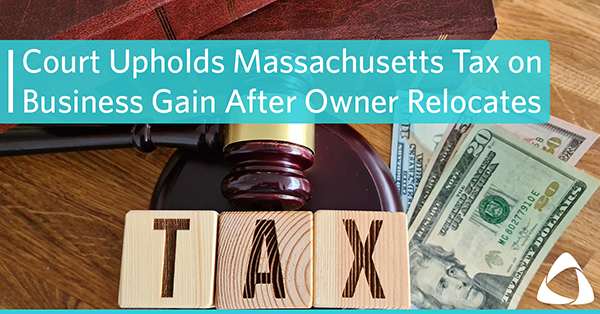
Court Upholds Massachusetts Tax on Business Gain After Owner Relocates
In this article: The Massachusetts Appeals Court recently ruled that a tech founder’s $4.7 million stock sale could be subject to state income tax, despite his move out of state. Craig Welch, who co-founded AcadiaSoft, Inc. in 2003, initially held a 50-50 ownership split with one partner, though his interest was diluted over time as […]
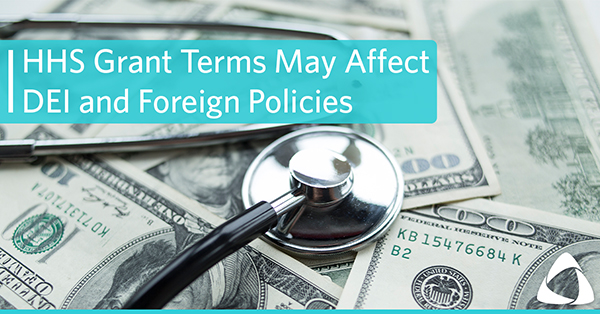
New HHS Grant Terms May Affect DEI and Foreign Boycott Policies
AAFCPAs would like to make clients aware of new conditions in the Department of Health and Human Services (HHS) Grants Policy Statement (GPS), which was updated for the first time since 2007. The revised guidance, published on April 16, 2025, outlines new restrictions tied to Diversity, Equity, and Inclusion (DEI) activities and foreign boycotts that […]
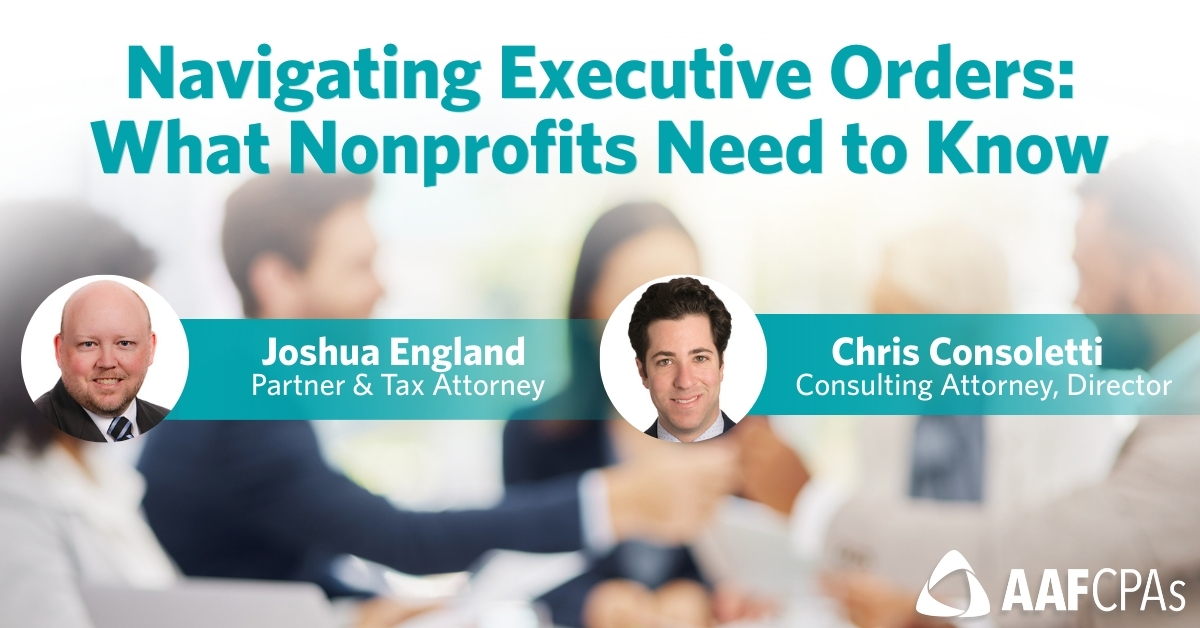
Seminar Recap: Navigating EOs: What Nonprofits Need to Know
Navigating Executive Orders: What Nonprofits Need to Know | Webinar On-Demand During AAFCPAs’ recent Nonprofit Seminar (April 2025), AAFCPAs’ consulting attorneys Joshua England and Chris Consoletti presented practical guidance on how executive orders may affect nonprofit operations to more than 550 attendees. A reality for many nonprofits is that they are already attempting to navigate […]

HRSA Cancels 2025 UDS+ Reporting Requirement
AAFCPAs would like to make clients aware that the Health Resources and Services Administration (HRSA) announced health centers will not need to submit the UDS+ report for the 2024 reporting year, originally due May 30, 2025. This update was shared during HRSA’s BPHC Program Updates webinar this week and confirmed in the Primary Health Care […]

Upcoming Increase in Single Audit or Program-Specific Audit Thresholds
For audits of fiscal years beginning on or after October 1, 2024, the Office of Management and Budget (OMB) will raise the threshold for requiring a single audit or program-specific audit from $750,000 to $1,000,000. Non-Federal entities receiving less than $1,000,000 in federal funds annually will no longer be required to undergo a single audit, […]
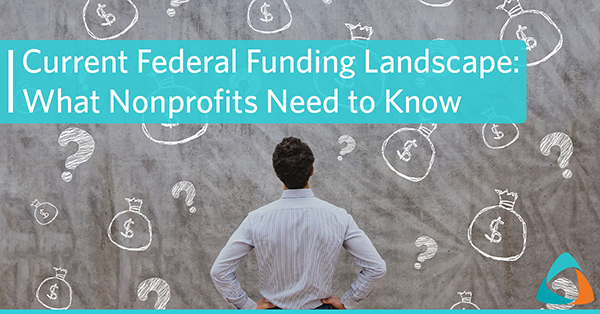
The Current Federal Funding Landscape: What Nonprofits Need to Know
Nonprofits nationwide that receive government funding are facing uncertainty as a federal funding freeze disrupts critical financial support. At the same time, nonprofit leaders nationwide are voicing concerns and seeking clarity on how this freeze may affect their organizations. Federal Funding at Risk The funding freeze initiated under the Trump administration has raised alarms among […]

MA Form 3ABC due by 3/1 to avoid local property taxes
Editor’s Note: This article was updated in 2025 for accuracy and relevance. The Massachusetts Return of Property Held for Charitable Purposes Form 3ABC provides for an exemption from local taxation on personal and real property for eligible charitable organizations. As a reminder, to be exempt, you must file an annual Form 3ABC, due at the Assessor’s […]
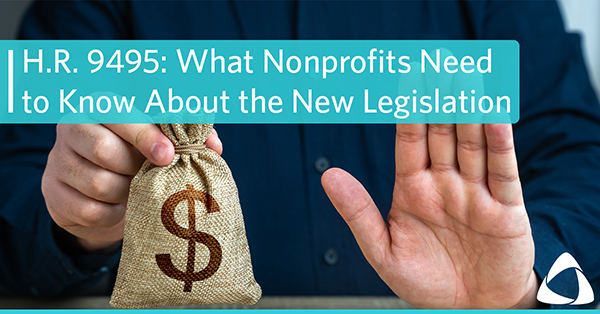
H.R. 9495: What Nonprofits Need to Know About the New Legislation
H.R. 9495, a bill granting the Treasury Secretary authority to revoke a nonprofit’s tax-exempt status over alleged ties to terrorism, passed the House along party lines but stalled in the Senate. While it has not yet been refiled, many anticipate it will be, with a potentially different outcome under the new congressional majority. While H.R. […]
